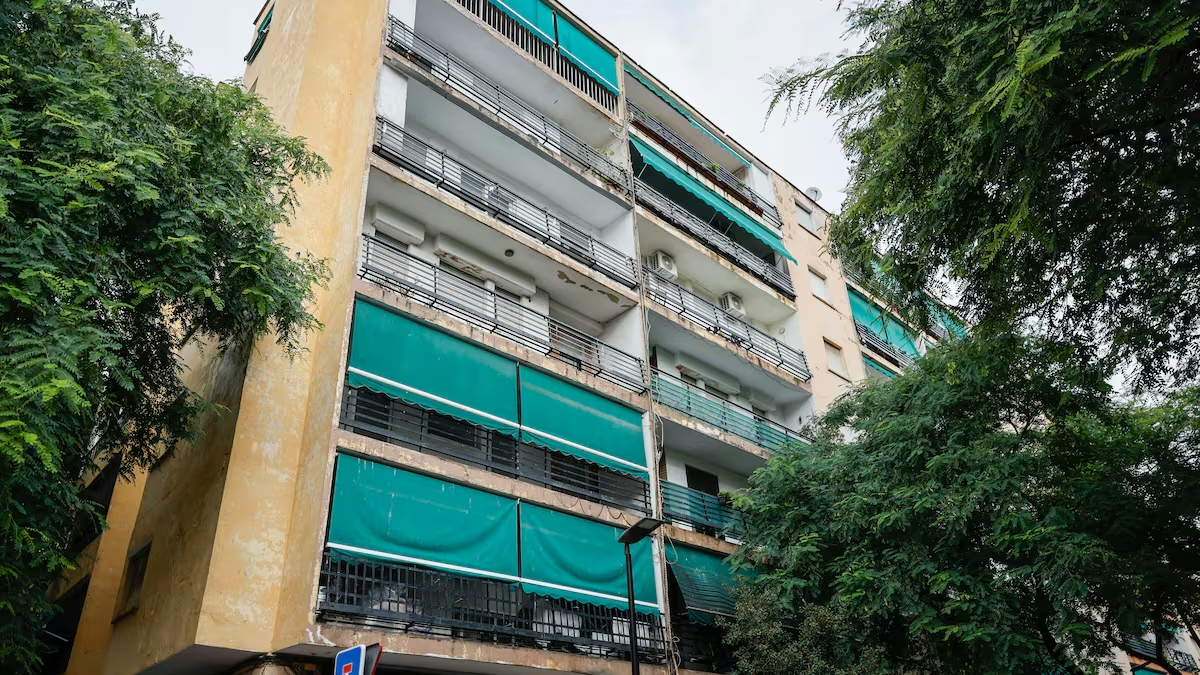I have been working in the news industry for over 6 years, first as a reporter and now as an editor. I have covered politics extensively, and my work has appeared in major newspapers and online news outlets around the world. In addition to my writing, I also contribute regularly to 24 Hours World.
Menu
Head of government since 2015: Resignation of “Canada’s Kennedy”: Trudeau announces resignation
Categories
Most Read
Clash between the Union and the SPD: Pistorius defends criticism of the military service compromise
October 14, 2025
No Comments
Conflict in the Middle East: Hamas hands over four more bodies of hostages
October 14, 2025
No Comments
Gaza agreement: Trump: Hamas will be disarmed – if necessary by force
October 14, 2025
No Comments
Israel: “You can see the traces of captivity on the bodies”
October 14, 2025
No Comments
Hostage handover live blog: Donald Trump threatens Hamas with US deployment
October 14, 2025
No Comments
Latest Posts

He had been dead in his apartment for 15 years and was found for a repair on a neighbor’s roof
October 15, 2025
No Comments
October 14, 2025 – 21:27 The body of the deceased was found mummified around dead pigeons in the middle of garbage remains. Upon a neighbor’s

Fear of a bubble in the financial market reaches the IMF and central bankers around the world
October 14, 2025
No Comments
October 14, 2025 – 20:51 Concerns about an AI bubble, rising public debt and trade tensions dominate the agenda. Global financial leaders will meet next

A Platense fan died after the match against Deportivo Riestra
October 14, 2025
No Comments
October 14, 2025 – 20:32 The man had decompensated during the match and the news of his death was finally confirmed. After suffering a decompensation
24 Hours Worlds is a comprehensive source of instant world current affairs, offering up-to-the-minute coverage of breaking news and events from around the globe. With a team of experienced journalists and experts on hand 24/7.

